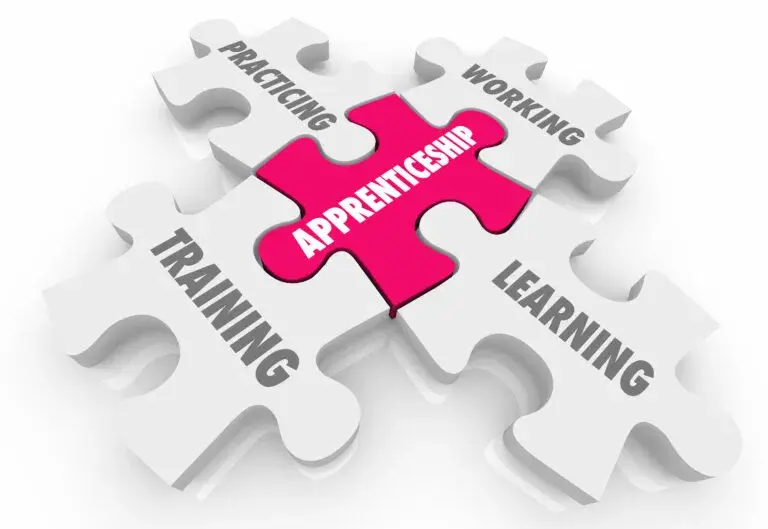Lifting equipment is essential in all areas of the construction industry. Completing lifting equipment training, whether as part of an apprenticeship or career development opportunity, can open up your job prospects and make you more employable.
If you’re considering IPAF Training, there are a few things you should know before your course gets underway. Here are five of the most important.
If you already work in the construction industry, you’ll know just how important safety is. You can never be too careful when operating lifting equipment or other machinery, this is why safety is at the heart of all lifting equipment training courses.
Before your training starts, learn the potential hazards associated with lifting such as equipment failure, improper balancing, wind and uneven surfaces. It’s also a good idea to familiarise yourself with key safety precautions like safe working load (SWL).
Each type of lifting equipment has unique features and operational requirements. If you have a general understanding of these machines, you’ll find it a lot easier to grasp the concepts taught during your training course. Look at commonly used equipment such as cranes, hoists and forklifts. This should give you a good idea of how these types of machines operate.
The construction industry is full of regulations designed to improve safety and security in the workplace. These regulations can be tricky to understand, so learning about them before your course begins will give you a head start.
Your lifting equipment training will cover LOLER (Lifting Operations and Lifting Equipment Regulations) and PUWER (Provision and Use of Work Equipment Regulations). You’ll learn about them in detail during your course, but giving them a quick look before will make it easier to understand the ins and outs of the regulations.
Operating lifting equipment requires both physical dexterity and mental focus. It’s very difficult to operate this equipment safely if you’re tired, hungry or otherwise not feeling your best.
Before your course, try to get plenty of rest so you can arrive feeling refreshed and alert. As well as ensuring your training is safe, this will help you to get the most out of your course.
Completing lifting training is good for you, your job prospects and the safety of your co-workers. Arriving at your course with a positive mindset will help you absorb all the information you’re taught during your training and give you the best possible start on the next phase in your career.
Ready to boost your skills with expert IPAF Training? Contact the team at Qualitrain today to book your training session or to learn more about how our courses can help you stay safe and compliant.
Image Source: Canva
These Related Stories



No Comments Yet
Let us know what you think